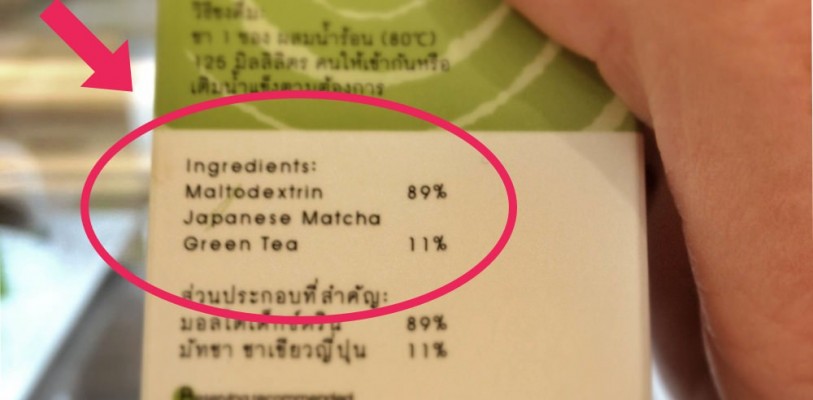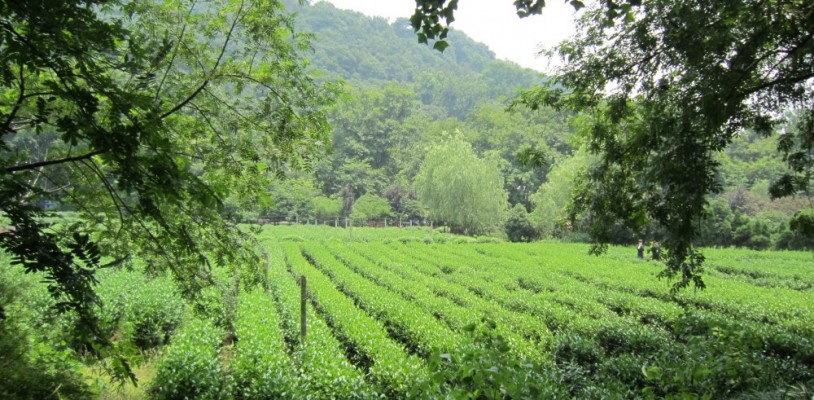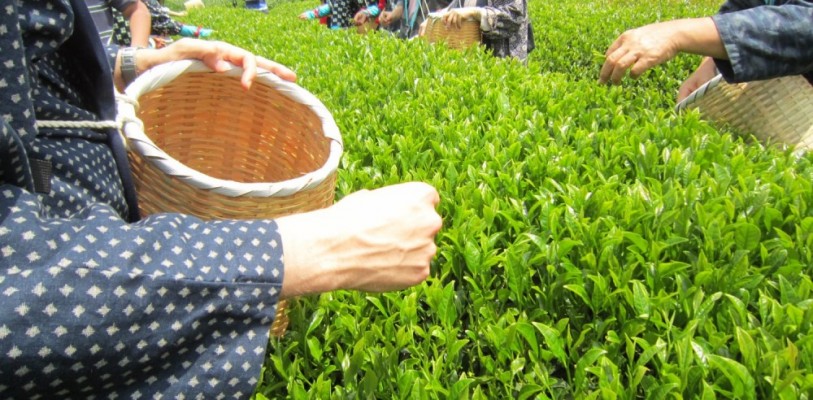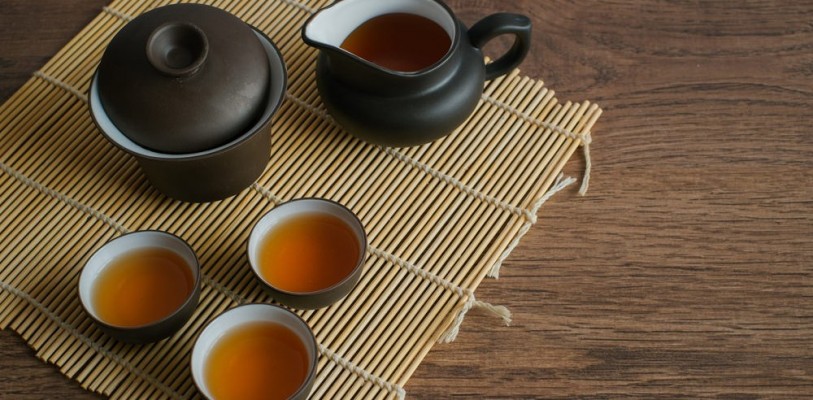
Having trouble deciding the winner in green tea vs black tea? Well, it depends on what we’re measuring.
In the popularity contest, black tea definitely wins! Around 76% of all tea produced and consumed is black tea. Green tea comes in at around 22%, and oolong tea is far behind on the list at only 2%.
Here’s a fun fact… In the USA, 80% of all the tea we drink is in the form of black iced tea! I’ll admit – I love iced tea made from black tea. But, are we depriving ourselves from nutritional benefits by not drinking iced green tea?
All tea, black and green, come from the same plant. The difference is in the processing. Black tea leaves are fully fermented. The leaves naturally oxidize as they are dried and crushed.
Green tea leaves are steamed to stop the oxidation process, so they are completely unfermented. Oolong tea is in the middle. The leaves are only partially fermented.
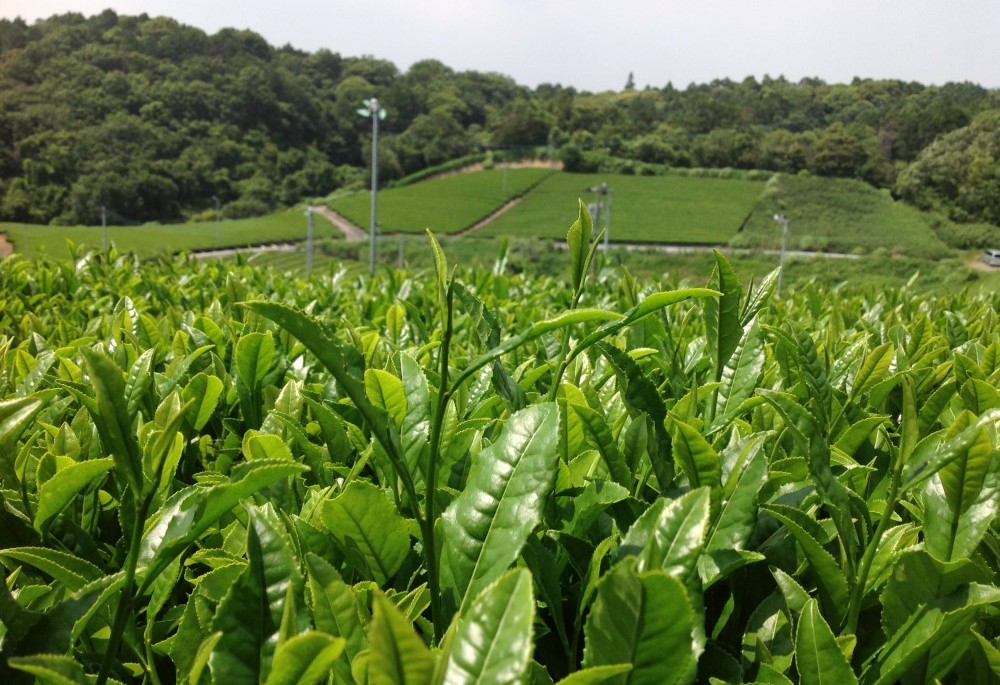 Tea Plantation in Shizuoka, Japan
Tea Plantation in Shizuoka, Japan
Believe it or not, green tea is lower in caffeine than black tea (and most soft drinks). Green tea gives you enough caffeine to feel energized, but it most likely won’t keep you up at night. Of the teas, black tea contains the most caffeine.
Green tea: 15 – 25 mg
Black tea: 40 – 70 mg
Oolong tea: 18 – 33 mg
Coffee has much higher levels of caffeine than tea, even black tea.
Espresso: 108 – 180 mg
Brewed coffee: 80 – 115 mg
Instant coffee: 65 mg
Black tea and green tea both contain flavonoids, but the types of flavonoids are different. Green tea has a higher amount of catechins, including EGCG.
The fermentation process of black tea results in less catechins. Fermentation converts the flavonoids into theaflavins and thearubigins.
Oolong tea also has more catechins than black tea because it is only partially fermented.
Green tea contains more Vitamin C than black tea. The fermentation process decreases the amount of Vitamin C in black tea.
So, the verdict for now is that green tea is better. That’s not to say black tea is bad. It still has many beneficial properties, just like green tea. And, it is a much better choice than sugary soft drinks!
Cabrera, C., Artacho, R., & Giménez, R. (2006). Beneficial effects of green tea – A review. Journal of the American College of Nutrition, 25(2), 79-99.
Wu, J. J., Chiang, M. T., Chang, Y. W., Chen, J. Y., Yang, H. T., Lii, C. K., Lin, J. H., & Yao, H. T. (2011). Correlation of major components and radical scavenging activity of commercial tea drinks in Taiwan. Journal of Food & Drug Analysis, 19(3), 289-300.
